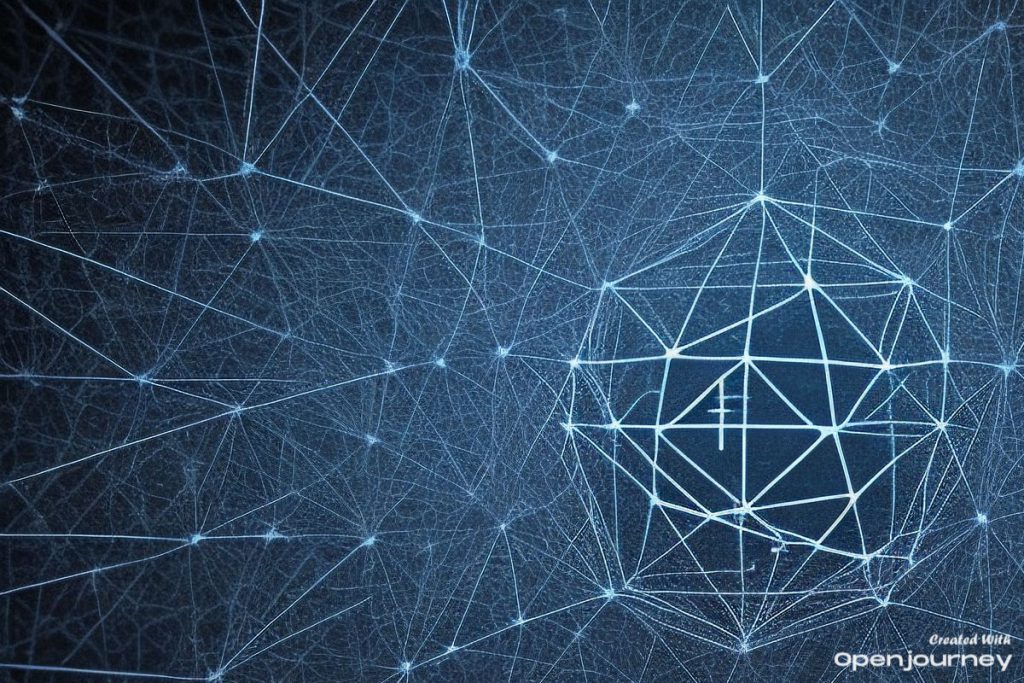The internet has become an integral part of our daily lives, connecting us to information, services, and people from all around the world. However, the traditional internet we know today is centralized, meaning that all data and services are controlled by a few powerful entities. This centralized structure has its limitations, including censorship, data breaches, and single points of failure. To address these issues, a new concept has emerged – the decentralized web.
So, what exactly is the decentralized web? In simple terms, it is a network of interconnected devices that operate on a peer-to-peer (P2P) basis, without the need for a central authority. This means that data and services are distributed across multiple nodes, making it more resilient, secure, and censorship-resistant.
Blockchain and Peer to Peer
One of the key technologies that enable the decentralized web is blockchain. Blockchain is a distributed ledger technology that allows for the creation of decentralized applications (DApps) and smart contracts. These DApps and smart contracts run on a network of computers, known as nodes, and are not controlled by a single entity. This eliminates the need for intermediaries, such as banks or governments, and allows for direct peer-to-peer transactions.
Another important aspect of the decentralized web is the use of peer-to-peer protocols, such as InterPlanetary File System (IPFS) and BitTorrent. These protocols enable the storage and sharing of data in a decentralized manner, without relying on a central server. This makes it difficult for any single entity to control or censor the information being shared.
Benefits of a Decentralized Web
One of the main advantages of the decentralized web is its resilience. In a centralized system, if a server goes down, the entire network can be affected. However, in a decentralized system, data and services are distributed across multiple nodes, making it less vulnerable to attacks or failures. This also means that there is no single point of failure, making it more difficult for hackers to compromise the network.
Moreover, the decentralized web offers increased privacy and security. In a centralized system, all data is stored on a central server, making it a prime target for hackers. However, in a decentralized system, data is distributed across multiple nodes, making it more difficult for hackers to access and manipulate. Additionally, since there is no central authority controlling the network, there is no risk of censorship or data manipulation.
The decentralized web also has the potential to revolutionize the way we interact with the internet. With the traditional internet, we rely on centralized platforms for social media, messaging, and other services. These platforms have control over our data and can use it for their own purposes. However, with the decentralized web, users have more control over their data and can choose which applications they want to use, without relying on a central authority.
Challenges
However, the decentralized web is still in its early stages and faces several challenges. One of the main challenges is user adoption. Since the traditional internet is so deeply ingrained in our daily lives, it may be difficult for users to switch to decentralized alternatives. Additionally, the decentralized web is still in its infancy, and there is a lack of user-friendly applications and infrastructure.
The Decentralized web offers a promising alternative to the traditional centralized internet. It provides increased security, privacy, and resilience, and has the potential to revolutionize the way we interact with the internet. However, it is still a developing concept, and it will take time for it to reach its full potential. As technology continues to advance, the decentralized web may become the new norm, offering a more democratic and decentralized internet for all.


Pingback: NEAR Protocol: A New Dawn in Blockchain Technology - Concept: Clarity